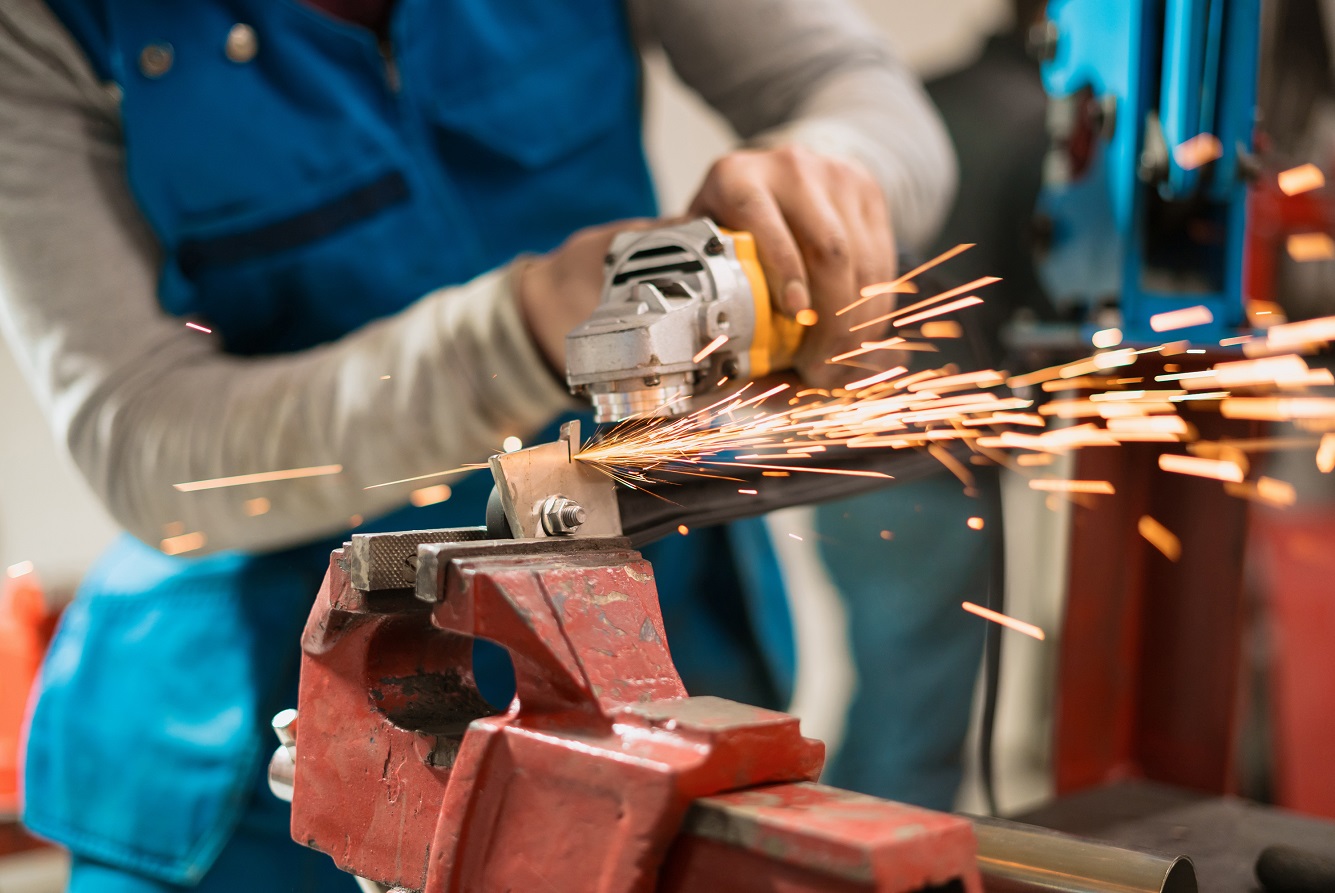

Metal is a hard substance and requires due consideration in sawing. Be it stainless steel, aluminum, iron, or any other metal, cutting through is challenging, and one must choose the right blade for metal sawing. Whether you are a professional or a DIY enthusiast, invest some time in reading this blog to choose only the right blade for cutting the metal.
If it is your first project and you lack the expertise, it is advised to allow an expert to handle metal sawing in Albuquerque, as they are knowledgeable and will produce efficient and desired results.
Here are the key considerations that you must know if you are choosing the blade for metal sawing:
The first step is to identify the metal type you will cut. Is it stainless steel, carbon steel, iron, mild steel, copper, or anything else? In addition, one must also learn about the metal thickness. The thicker the metal, the stronger the blade that you need.
Aluminum and mild steel are softer metals when compared to iron and carbon steel. Different metals have varying hardness levels, which will impact your choice of blade.
You will be overwhelmed by the number of choices available in the market, but there are a few choices that are better than the rest. You must also be aware of the blade materials, which are discussed below:
The thickness and diameter of the blade must match that of the sawing machine specifications, and it should also conform with the type of metal being sawed.
The thickness and diameter of the blade will impact the precision and depth of your cuts. Thicker blades are more stable and suitable for heavy-duty cutting, while thinner blades are better for intricate and delicate work.
Teeth-per-inch refers to the number of teeth on the blade. The thinner the metal, the higher the TPI should be for a smoother and flawless finish. Lower TPI blades are better for thicker metals, offering faster cutting but a rougher finish.
Blade teeth can be configured in different ways, such as alternate top bevel (ATB), triple chip grind (TCG), or alternate top bevel with raker (ATBR). The tooth configuration impacts cutting speed and finish. Select the configuration that best suits your specific metal and cutting needs.
Metal sawing requires precision, skills, and the right tools. If you are not using an expert for metal sawing in Albuquerque, the following considerations must be known to ensure smooth metal finishes.
Some metals, especially hard ones, require coolants or lubricants to reduce heat and friction generated during sawing. Use the appropriate coolant or lubricant depending on the metal you are cutting and the saw you are using.
The teeth on the blade wear off with time. Sawing hard metals results in abnormal wear and tear to the blade. The blades must be replaced in time to ensure precise, accurate cuts.
Investing in a high-quality blade might cost you more initially, but it will be worth every penny, as they last longer and offer smooth, flawless, good-quality finishes.
Metal sawing entails the use of hazardous tools that have the potential to cause serious injuries. Prioritize your safety using safety gear, including gloves, safety glasses, and hearing protection.
Metal fabrication is a serious endeavor, demanding meticulous attention to safety, the use of proper tools, and a high level of skill to attain the desired outcomes. Whether you’re embarking on a recreational project or have an industrial necessity for metal sawing in Albuquerque, it is advisable to enlist the expertise of professionals like New Mexico Metals LLC.
Our team possesses the essential skills and tools for precise metal cutting, relieving you of the burden of selecting the appropriate blade type. This not only saves you valuable time but ensures the job is done accurately.
For any metal sawing needs, contact us!